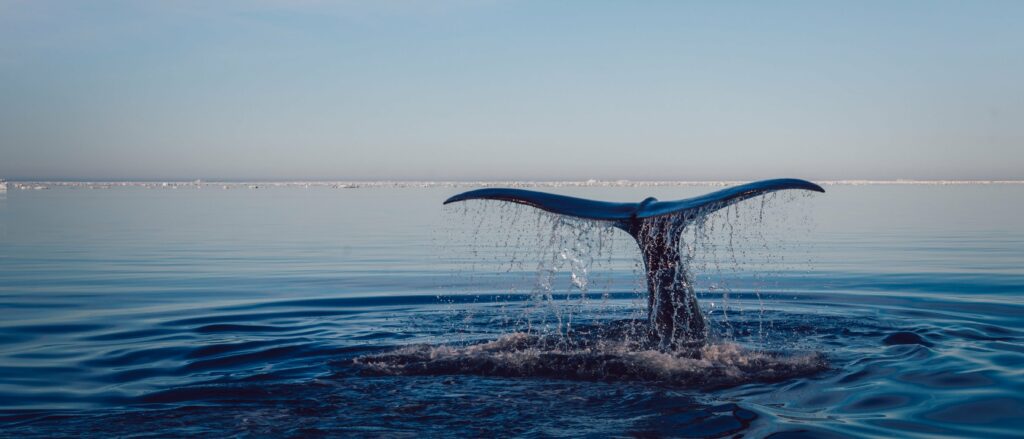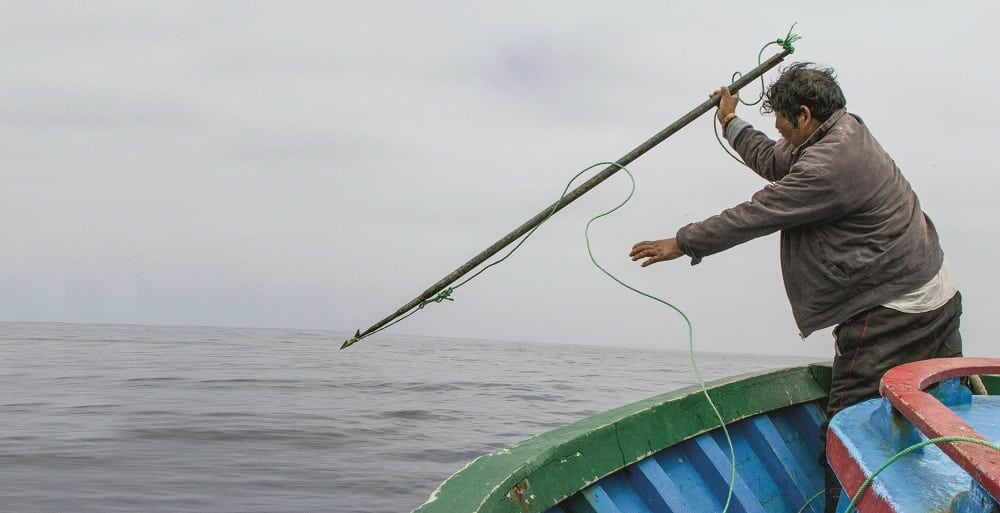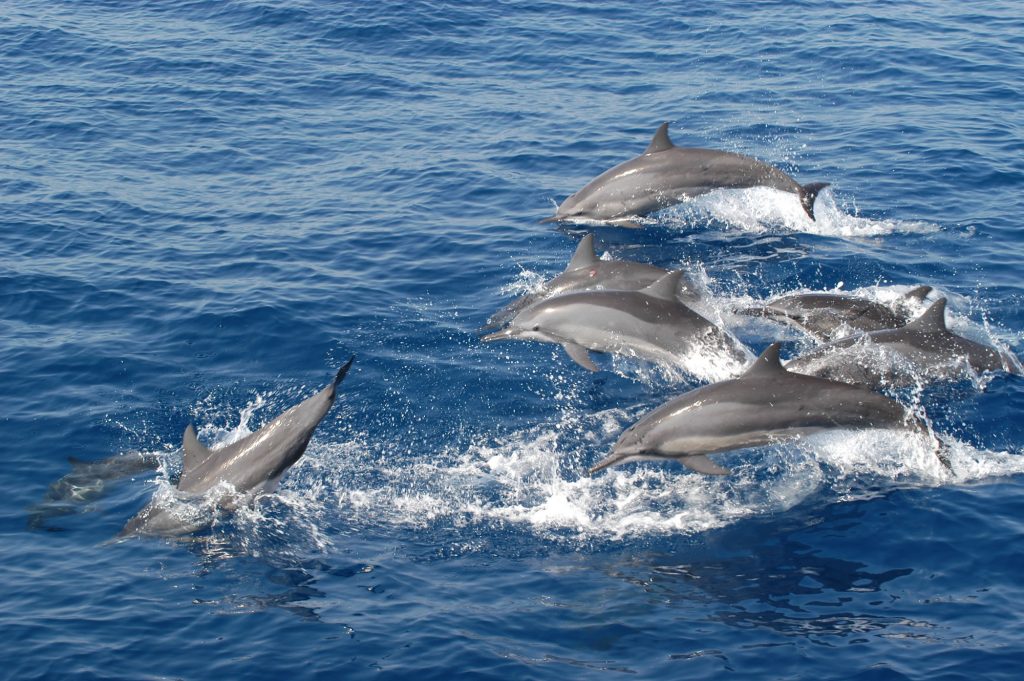Surely Coronavirus Teaches Us We Shouldn’t Be Eating Whales or Dolphins?
ANIMAL RIGHTS - VEGETARIANISM, 29 Jun 2020
Nicola Hodgins | WDC - TRANSCEND Media Service
23 Jun 2020 – There is no denying that COVID-19 is on track to becoming the worst pandemic in modern history. However, it’s an uncomfortable truth that we are responsible for the situation we find ourselves in. Respect for animals and their habitats is integral to human health and welfare and were it not for our complete disregard for wildlife and our exploitation of non-human species, the world today would be a very different place.
We already know that eating whale and dolphin meat can be bad for human health – the effects of which have been well documented. A lot is known about the effects of mercury, selenium and other heavy metals which accumulate over time in apex predators like whales and dolphins. In light of the coronavirus pandemic – which we know to have been transmitted to humans as a result of the consumption of wild animals – it is more important than ever to draw attention to the major potential health implications from continuing to eat whales and dolphins.
Only a very small number of countries still kill and eat great whales, and the consumption of dolphins, whales and other marine mammals is illegal in most countries. However, worldwide, many thousands of dolphins and small whales are hunted for meat every year, and in several countries dolphins and small whales caught accidentally in fishing nets or washed up on beaches are widely consumed. Eating the meat from dolphins who have been found dead is particularly worrying as it is highly likely that they were ill before their death and so consuming their flesh carries even more dangers (the transmission of bacteria, parasites and viruses) if consumed by humans.
We are all too aware of how quickly viruses can spread, and the devastating consequences they can have. Governments need to think about the global population and not just their own citizens when considering the long-term impacts of COVID-19 and their resulting actions. The World Health Organisation (WHO) has recommended the closure of ‘wildlife markets’ including the sale of ‘bushmeat’. Although the main focus of attention is likely to be on terrestrial species we must ensure that meat from marine species is not ignored. Eating whales, dolphins and other marine mammals could have consequences as deadly as consuming wild land animals.
The fallout from COVID-19 may also mean that coastal communities in some of the more developing nations turn to the ocean for their protein needs and although the International Whaling Commission (IWC – the body that regulates whale hunting) has already agreed measures to highlight the negative human health impacts caused by the consumption of whales and dolphins, several countries in West Africa for example, called for the consumption of marine mammals to be deemed a ‘protein priority’. At this time, but more importantly, once the dust has settled, it is imperative that we continue to highlight the very real danger of diseases that can be transmitted from other species to humans. The consequences, as we know all too well, can be devastating for individuals, communities and the global human population.
Within the scientific community it is broadly accepted that the coronavirus pandemic was entirely predictable – in fact it was predicted in a scientific paper published shortly after the SARS outbreak of the early 21st century – another coronavirus which infected more than 8,000 people and took the lives of almost 1,000 where the consumption of exotic wildlife was deemed a ‘time-bomb’ and a catastrophe waiting to happen – we have a duty to ensure that the next one is not as a result of a disease transmitted by whales or dolphins.
Tags: Animal Justice, Animal rights, Animals, COVID-19, Coronavirus, Dolphins, Environment, Meat Industry, Whales
DISCLAIMER: The statements, views and opinions expressed in pieces republished here are solely those of the authors and do not necessarily represent those of TMS. In accordance with title 17 U.S.C. section 107, this material is distributed without profit to those who have expressed a prior interest in receiving the included information for research and educational purposes. TMS has no affiliation whatsoever with the originator of this article nor is TMS endorsed or sponsored by the originator. “GO TO ORIGINAL” links are provided as a convenience to our readers and allow for verification of authenticity. However, as originating pages are often updated by their originating host sites, the versions posted may not match the versions our readers view when clicking the “GO TO ORIGINAL” links. This site contains copyrighted material the use of which has not always been specifically authorized by the copyright owner. We are making such material available in our efforts to advance understanding of environmental, political, human rights, economic, democracy, scientific, and social justice issues, etc. We believe this constitutes a ‘fair use’ of any such copyrighted material as provided for in section 107 of the US Copyright Law. In accordance with Title 17 U.S.C. Section 107, the material on this site is distributed without profit to those who have expressed a prior interest in receiving the included information for research and educational purposes. For more information go to: http://www.law.cornell.edu/uscode/17/107.shtml. If you wish to use copyrighted material from this site for purposes of your own that go beyond ‘fair use’, you must obtain permission from the copyright owner.
Read more
Click here to go to the current weekly digest or pick another article:
ANIMAL RIGHTS - VEGETARIANISM:


